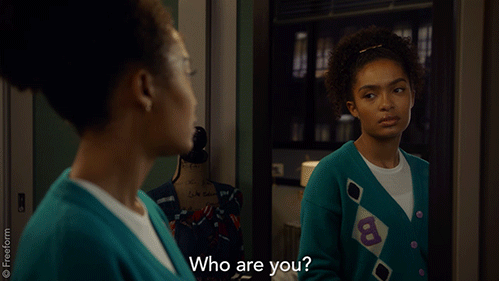Recently, I was talking to a coaching client about the Johari Window, an exercise that helps people to gain an understanding of who they are and how they are perceived by others. This exercise is usually done in teams or groups that know and interact with each other regularly. Each participant compiles a list of adjectives that describes themselves and a second list that describes the other team members. From there, each person places the adjectives in one of the four quadrants of human interactions for themselves and the others. The four quadrants that make up the Johari Window are:
- Arena (traits that are known to you and known to others) Ex: I see myself as being compassionate and others would agree.
- Blind Spots (traits that are not known to you but known to others) Ex: Others say that I am methodical but I do not see myself that way.
- Facade (traits that are known to you but not known to others) Ex: I see myself as eccentric but others don’t perceive me that way.
- Unknown (traits that are not known to you or others)
Of course, I thought about how this could apply to intimate partners, friends, and family. The more I thought about it, the more I wonder how many people have enough self-awareness to genuinely say that they know themselves (hint: if there are an extreme amount of blind spots, you may not be as self-aware as you think). Self-awareness can be defined as the capacity to see one’s self (the good, the bad, and the ugly) objectively including character traits and patterns. It’s not always easy to accept the parts of us that we find unattractive. No one wants to acknowledge that they are jealous or controlling or selfish or needy but awareness is the first step to loving and healing those traits into submission. Speaking of love, we often talk about self-love but I believe that you can’t love what you don’t know.
“Yes, love yourself. But also analyze and be critical of how you think, act, and behave. Self-love without self-awareness is useless. Be accountable”
– Unknown
Be intentional in discovering every corner of your essence. Study your thoughts, your emotions, your actions, and reactions. Study how you carry yourself in the world. Study the motives behind your goals and ambitions. Study hidden agendas that lie in the depths of your soul. Study your fears and insecurities. Study your patterns and habits.

I’ve always found it interesting that when discussing relationship challenges – intimate, family, friendships, or work – one of the first things that people express frustration with is the other person, never the quality or characteristic about themselves that may have contributed to their discontent. Look inward, not outward. There is a wealth of wisdom about you within you.
“If you are ever tempted to look outside yourself for validation, you have compromised your integrity. If you need a witness, be your own.”
– Epictetus


Recent Comments